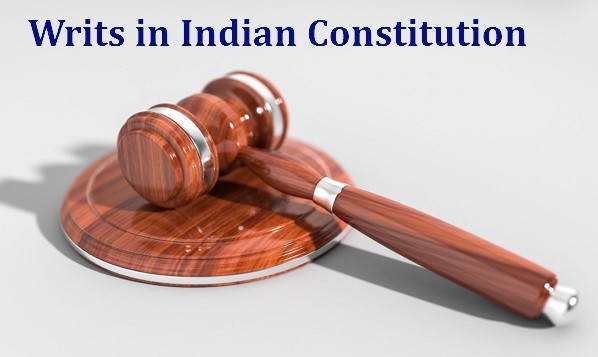The Supreme Court on Monday observed that there was no blanket ban on advocates solemnising self-respect marriages in their personal capacity as per Section 7(A) of the Hindu Marriage Act, which is an amendment inserted by the Tamil Nadu government. [Ilavarsan v. The Superintendent of Police].
In 1968, the State of Tamil Nadu legalised self-respect (Suyammariyathai) marriages that require consent of both parties who meet the minimum age requirement for marriage. This was with a view to do away with the need for upper-caste priests and elaborate rituals to complete wedding ceremonies.
These marriages too, however, needed to be registered as per law.
A Bench of Justices S Ravindra Bhat and Aravind Kumar today set aside a recent Madras High Court ruling which had held that lawyers cannot preside over such marriages in their offices or trade union offices and then issue marriage certificates.
The apex court clarified that lawyers who are not acting in a professional capacity as officers of the court, but in their personal capacity of knowing the couple, can perform marriages under Section 7(A) of the Hindu Marriage Act.
The top court’s ruling, in effect, paves way for self-respect marriages in Tamil Nadu to continue taking place in advocates’ offices.
Pertinently, the Bench also overruled the Madras High Court’s 2014 decision in S Balakrishnan Pandian, where it was held that marriages performed by the lawyers are invalid and that even self-respect marriages have to be solemnised publicly.
In May this year, the Madras High Court had ordered the Tamil Nadu State Bar Council to initiate disciplinary proceedings against lawyers who preside over secret marriages in their offices or trade union offices.
The High Court had observed that all marriages, including those performed under the ‘self respect’ provision must be “registered under the Tamil Nadu Registration of Marriages Act, 2009 and the parties must physically appear before the Registrar.”
The said order came after a habeas corpus petition was filed by one Ilavarasan, who claimed that his wife had been forcibly detained by her parents, even though they had gotten married in the presence of advocates and office bearers of a trade union under Section 7(A) of the Hindu Marriage Act.
The petitioner had also pointed out that the advocates had issued the couple a self-respect marriage certificate.
The High Court held that the marriage was invalid, leading to the present appeal before the Supreme Court.
Earlier this month, the Supreme Court had asked the Ramanathapuram District Legal Services Authority to record a statement of the wife, so that the Court could ascertain whether she was being forced to live with anyone.
The report stated that she was currently forced to live with her parents, who had forcibly tried to marry her off at the age of 16, and that she wished to live with Ilavarasan.
The habeas corpus petition filed by Ilavarasan was, therefore, allowed by the Supreme court.
Ilavarasan, was represented by Advocates A Velan and Mrityunjay Pathak.
Source Link


